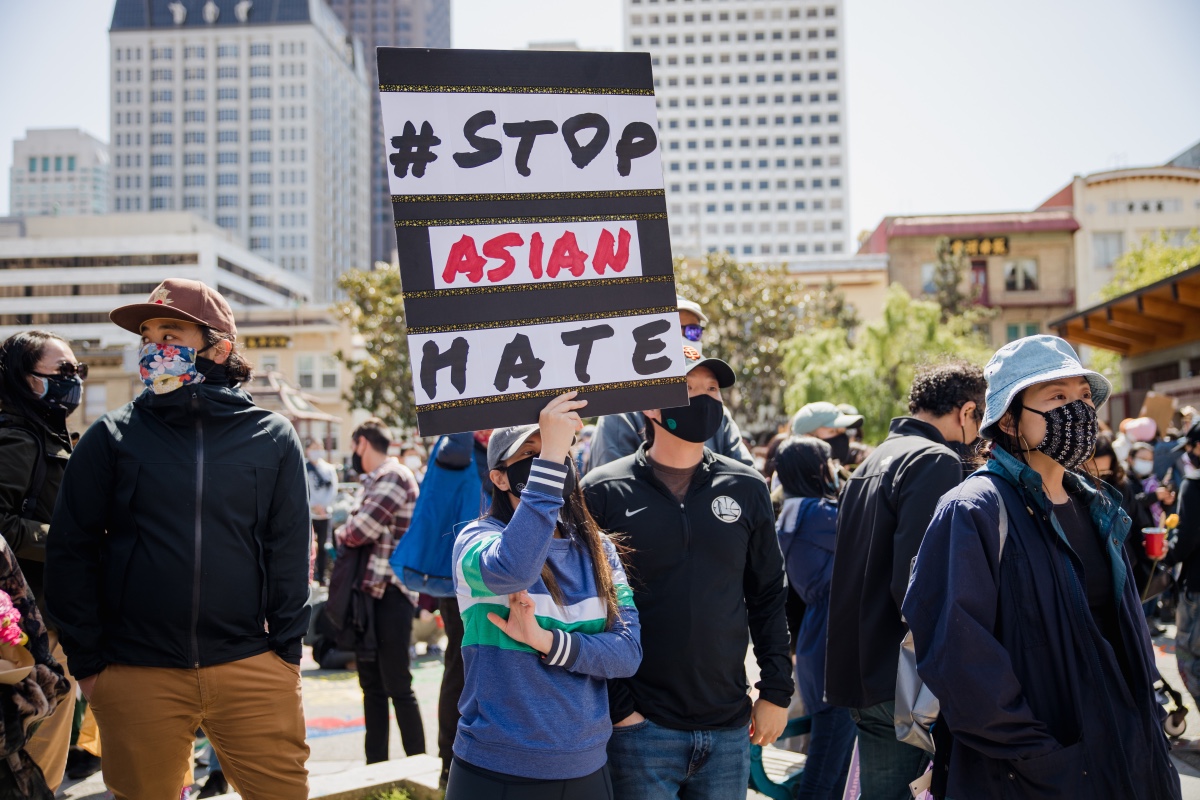Is the Kashmiri Movement Communal?
By Akhila Raman
The Kashmiri Freedom movement is often portrayed as a communal movement where Kashmiri Muslims are pitted against the Hindus, but this is far from true. There is a rich tradition of Kashmiriyat – a composite cultural identity with the glorious traditions of communal amity, tolerance and compassion – in the Valley dating back several centuries.
In fact, when communal holocaust had been raging in Jammu, Kapurthala and elsewhere in India in 1947, Kashmir Valley was quiet and 5% Pandit minority totally safe. In 1990, when Pandits felt insecure given the killings of innocent community members, secular JKLF tried to explain that the killings of prominent Pandits were not communal but merely for political reasons like media bias and sentencing of Maqbool Butt. Kashmiris came out in large numbers and demonstrated in support of their Pandit brethren as they still do every time innocent Hindus are killed, as witnessed in the 2003 massacre at Nadimarg. There have been instances of Muslims helping build temples for Hindus- an example being the village of Ichhigam in Budgam.
What is clear is that Kashmiri civilians are not communal by and large and Kashmiriyat continues to flourish. What is not clear is: who are these communal forces which target minority Hindus periodically? It could be jihadi militants with an Islamic agenda; It could be Indian sponsored renegade militants to communalize the conflict. Opinion remains divided. Only an independent investigation by an impartial agency can reveal the true identity of these killers. Kashmiris have repeatedly demanded inquiry into these killings by unidentified gunmen and it continues to be ignored.
Is there a solution?
India continues to insist that the accession of Kashmir to India is final and complete; Till recently, Pakistan had insisted on the implementation of UN resolutions- a unitary plebiscite for the whole of J&K; Kashmiris are alienated from both countries given brutal repression by India and violence by pro-Pakistan militants. Is there a solution to this seemingly intractable issue?
One reason why previous efforts to solve the problem have failed is this: India and Pakistan have not included Kashmiris as a legitimate party in tripartite unconditional dialogues. Many observers think that UN resolutions are out-dated, since the dispute has evolved into tripartite. That other regional solutions should be considered given that various regions in Kashmir have evolved independently since 1947 and that the conflict is restricted to the Kashmir Valley whose area is less than 16% of the total area of Indian controlled J&K.
One compromise regional solution which could potentially work was proposed by eminent historian Alastair Lamb in 1998 called Andorran Solution and a similar variant was proposed by the Kashmir Study Group. Following the well established precedent of Andorra on the border between France and Spain, both Azad Kashmir and the Kashmir Valley could be declared as autonomous regions with its internal self-government but with its external defence and foreign affairs controlled jointly by India and Pakistan. Major advantage of this Andorran solution: No territory under Indian control would be transferred to Pakistan and no territory under Pakistani control would be transferred to India. Existing LoC will become the border. India retains Jammu and Ladakh, Pakistan retains Northern Territories.
Hearts and Minds
It is high time India reconsidered its continuing policy of holding Kashmir at gunpoint to showcase its secular credentials to the world. It is imperative that India puts an end to its present brutal occupation of the Valley and implements confidence building measures to restore the people’s trust. That will bring down the incidents of militancy considerably. Whatever be the final solution, it is worthwhile remembering the emotional speech made by Jawaharlal Nehru (ironically the very same leader who played a major role in the origin of the dispute, by way of his sentimental attachment to the Vale) in Lok Sabha on August 7, 1952:
“..Ultimately – I say this with all deference to this Parliament – the decision will be made in the hearts and minds of the men and women of Kashmir; neither in this Parliament, nor in the United Nations nor by anybody else …â€
[The author is a Hindu, a researcher on the Kashmir Conflict. A Detailed Historical Timeline of the Kashmir Conflict can be found in the Kashmir Library website: http://www.kashmirlibrary.org.]
12-34












2010
1,295 views
views
0
comments